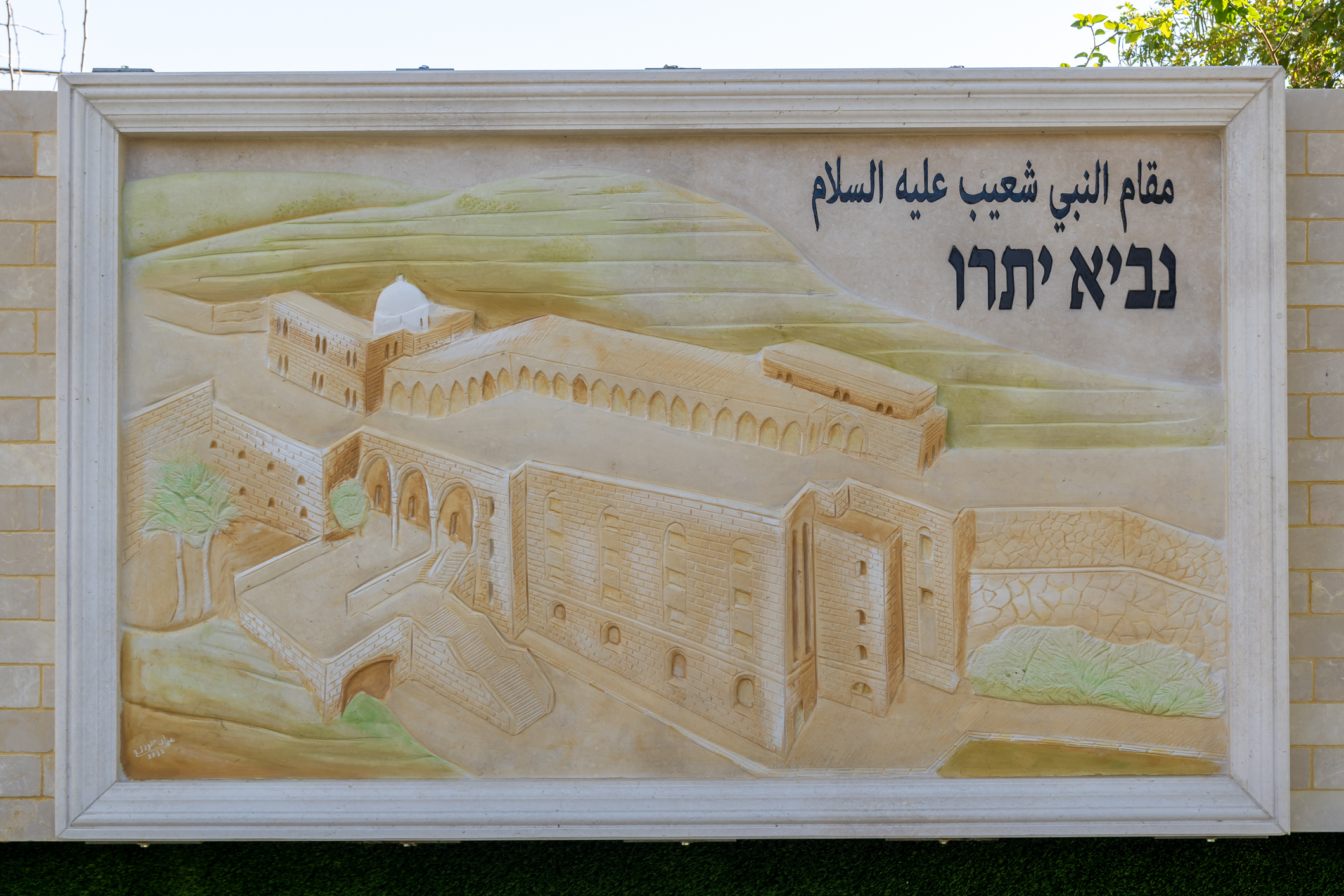In last week’s Torah portion, Parshat Beshallach, we heard the Song of the Sea. It chronicles both the Israelites’ flight to freedom and their first act of freedom: singing. Our sages reflect upon the nature of that song – whether it was responsive or concurrent, whether Moses led it or everyone sang together, what it might have sounded like altogether. We imagine the Israelites and mixed multitude finding their individual voices and together uncovering their voice as a people, all amid the escape and pursuit, liberty and insecurity. The portion is about sound.
This week’s Torah portion, Parshat Yitro (Exodus 18:1 – 20:23), is about hearing – and responding. It would be easy to read the two as juxtapositions or different parts of the same process – call and response, voice and listening, action and reflection. Yet, within the text, there is some uncertainty as to whether what was conveyed is the same as what was heard.
We read in Exodus 18:1 about Moses’ beloved father-in-law, Jethro, hearing:
Jethro, the priest of Midian, Moses’ father-in-law, heard all that God had done for Moses and for Israel, God’s people, and how God had brought Israel out from Egypt.
It would be easy to project onto this verse our own understandings, as even some of our sage commentators appear tempted to do – suggesting that this was a conversionary moment for Jethro or one of deep insight into God’s majesty – we know far less of what Jethro actually heard than we might wish.
It would be difficult to contend that Jethro had actually understood “all that God had done for Moses and Israel” – so much as enough to become convinced that he should go and pay a visit to Moses, mentoring the rising leader of a newly liberated people. Even with prophetic insight, only God knew what God had done.
Did Jethro hear the Song of the Sea itself? Or a rendition conveyed through intermediaries? Did he learn of the 10 plagues or the Israelites’ subsequent dash to freedom? Did he hear the melodies or words or narratives or histories from Egyptian or Israelite sources – or were the two still difficult to distinguish at this point in time?
This verse reads to me like a human projection onto a great figure who understood the profound implications of whatever he heard: that the Israelites were now free, that Moses was realizing his potential, that Moses did have a unique relationship with God, that the Israelites were a special people.
Jethro’s subsequent efforts feel deeply human and familial. After racing to meet Moses, he teaches his son-in-law the art of religious leadership: delegation, empowerment, hearing difficult messages that community members might not articulate directly, and the stress that can arise even at moments of uplift. Jethro’s deeply human response to an unknown call suggests something beautiful: whether or not Jethro received Divine insight or human reflections about the Exodus, the actual Song of the Sea, or just ancient gossip about the Israelites, he heard and understood deeply enough that he was impelled to act.
Hearing was not an end unto itself but one of internalizing sound – proverbial or literal – with such fullness of being that Jethro was moved to respond. It was not an exercise of the ear or the brain or the interplay between the two but of mind and heart, sparked by that which might have physically caused Jethro’s eardrums to vibrate.
We know what the Israelites sang, and we know Jethro’s response to their song, but what he heard remains simultaneously unknown and of key import today. For what he heard is about that which connects us to each other, both as individuals and as a people.

Joshua Stanton is Rabbi of East End Temple in Manhattan and the Director of Leadership Formation at CLAL – The National Jewish Center for Learning and Leadership. He serves on the Board of Governors of the International Jewish Committee for Interreligious Consultations, which liaises on behalf of Jewish communities worldwide with the Vatican and other international religious bodies.


